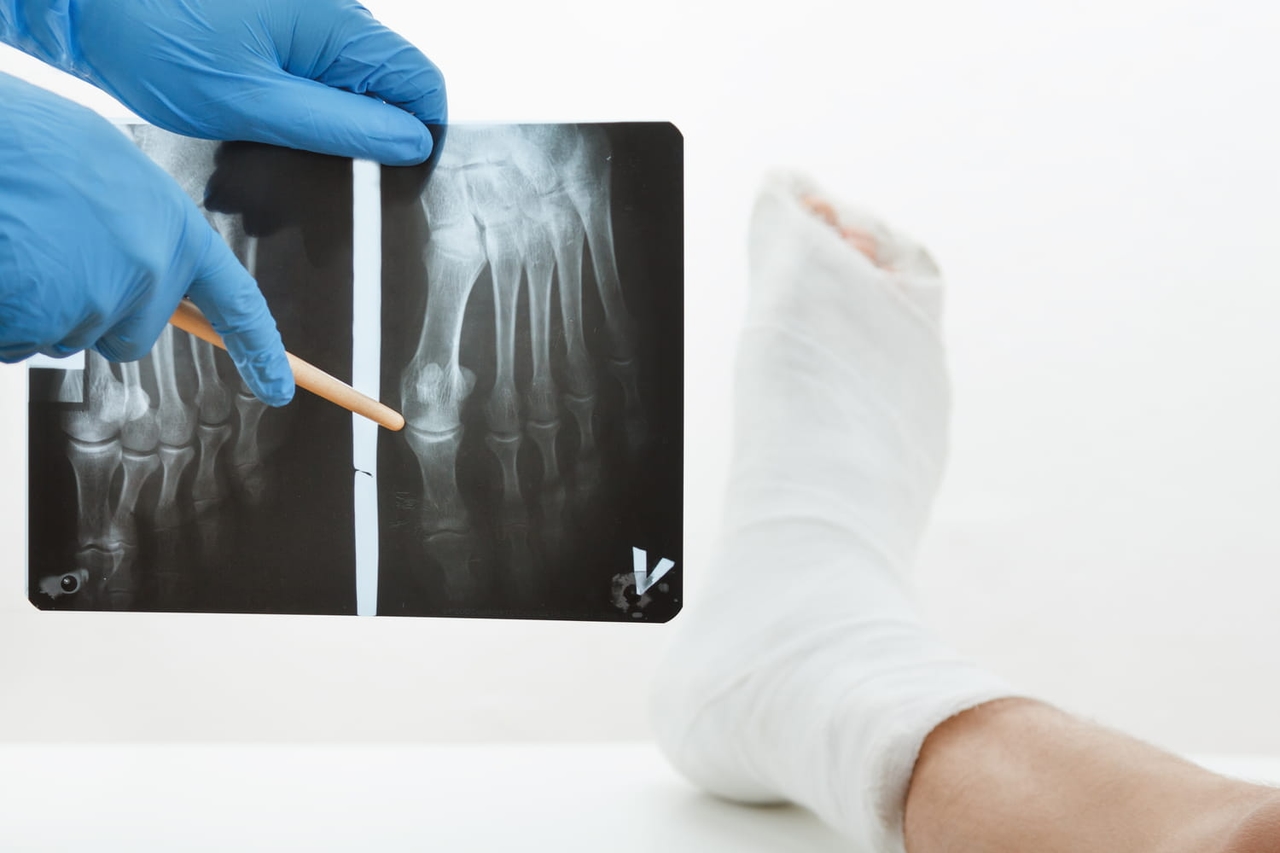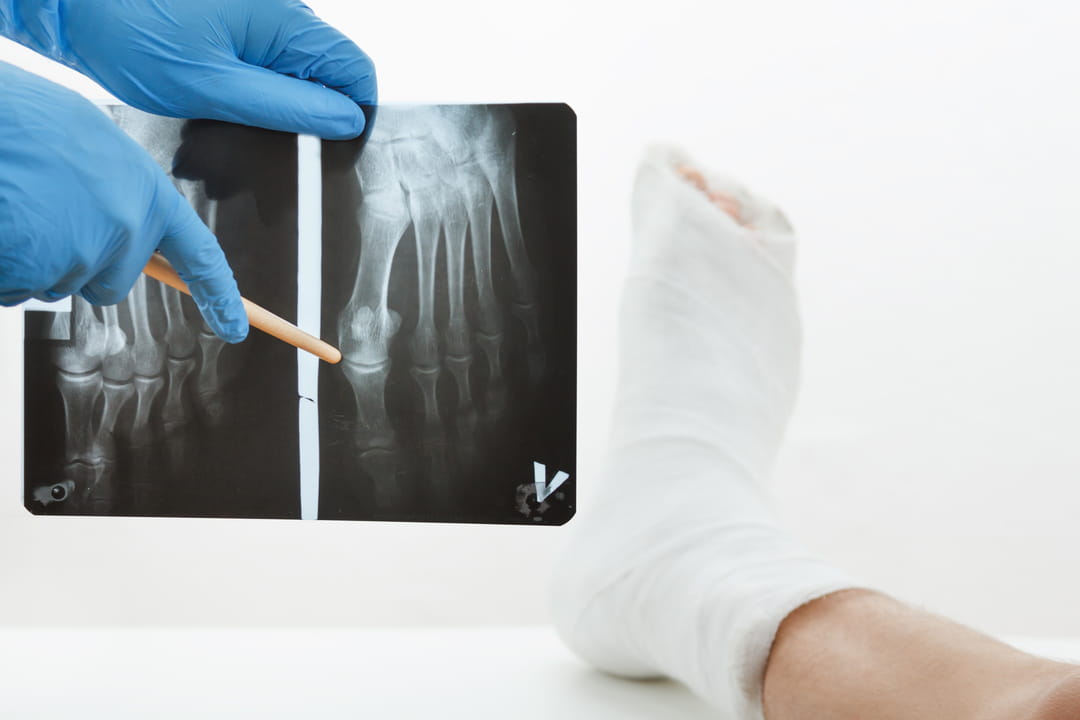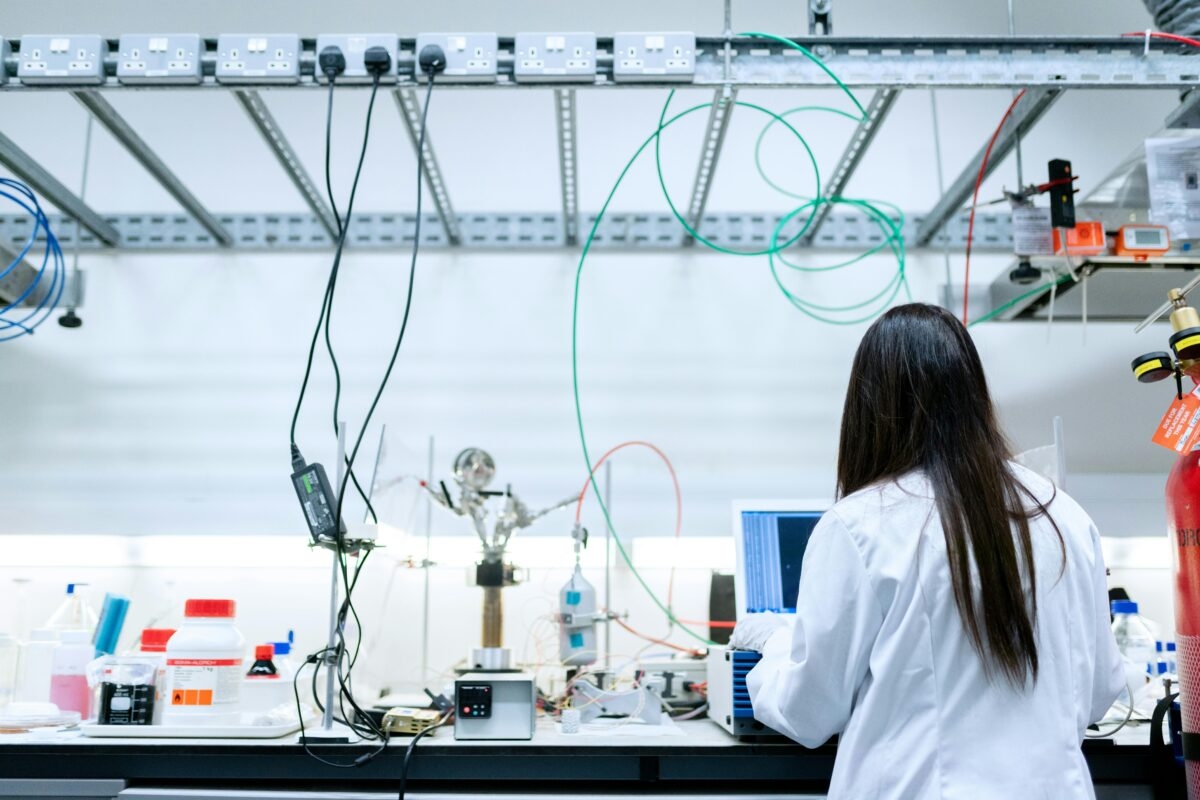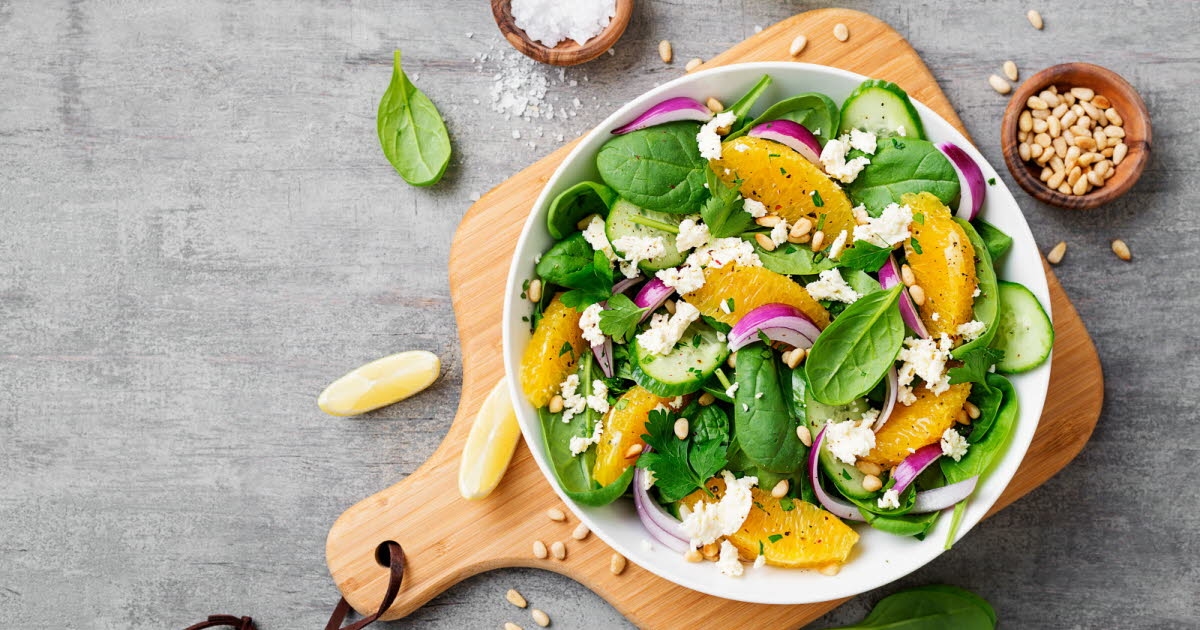After age 50, you should avoid eating these foods: they are bad for your bones

"Drink your glass of milk, it's good for your bones!" This phrase, which we all heard as children, is just as true for adults after 50. "With aging, in both women and men, there is a decrease in bone mass," reminds the French National Health Insurance . This can lead to osteoporosis, a very common bone disease, particularly in menopausal women. After 50, it is therefore essential to focus on foods that are good for your bones. These are foods rich in calcium (cheese, yogurt, milk) and vitamin D (oily fish, egg yolks, etc.).
While we know which foods are good for bone health, we are less familiar with those that can negatively impact it. The goal is not to eliminate them entirely, but to consume them in moderation, especially for people who suffer from osteoporosis or who have risk factors such as menopause, a family history of the condition, certain treatments, vitamin D deficiency, excessive thinness, lack of physical activity, or prolonged immobility.

The first foods to consume in moderation are those high in salt. "Excessive sodium intake can increase the amount of calcium your body excretes in urine, which can lead to long-term bone loss," explains the Cleveland Clinic. Therefore, it's important to limit processed foods and ultra-processed products, deli meats, industrial cheeses, and table salt.
Furthermore, certain drinks should also be avoided: sodas (especially colas) and alcohol. "High daily alcohol consumption is detrimental to bone health. It is associated with lower bone mineral density, a higher risk of fractures, and a greater risk of falls," explains the Vidal website. It is also important to avoid consuming too much coffee (more than 3 cups per day) since caffeine can interfere with the body's absorption of calcium.
Certain foods rich in substances called phytates and oxalates can also impact calcium absorption. These include legumes, wheat bran, spinach, beets, nuts, and seeds, nutritionist Raphaël Gruman told Doctissimo .
Finally, it has been shown that certain diets can reduce bone density and increase the risk of fractures. These include Western diets, which are high in sugar, refined grains, processed foods, and red meat. Vegetarians and vegans are also at higher risk of fractures.
Overall, a balanced and varied diet, as close as possible to the Mediterranean diet, and of course rich in calcium, is recommended. "After age 55, it is advisable to increase your consumption of dairy products to 3 or 4 per day due to their high calcium and protein content," notes the French National Health Insurance .
L'Internaute





